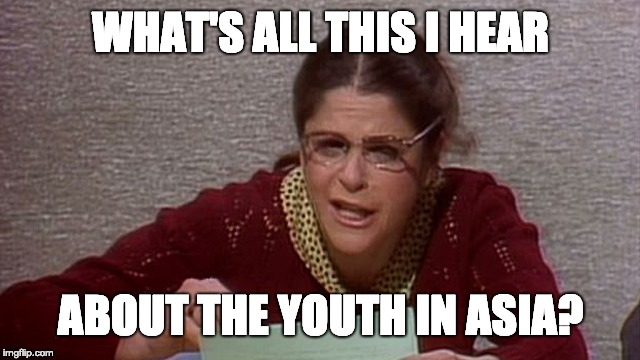 |
| Special Measures Enforcement |
As head of
the provincial teachers’ union, he spearheaded a drive against the public’s
right to know how politicians spent public money.
And now he
is a member of the provincial legislature.
“Let’s talk about rights,” said Jim Dinn on
May 5, explaining why he felt it was a good idea to give the minister of
justice the power to send police out to take people away to a detention centre.
Not
a judge.
A
politician.
“Funerals,
people can’t be present for the passing of their loved ones. It is my right to
attend a funeral, peaceful gatherings, … for me, it’s the fact that I can’t be around
my grandchildren. Now we have the double bubble and I’ll do anything to defend
it. Weddings – all of them are rights. I took my mother to the hospital the
other day. I couldn’t even go into the hospital with her. That’s my right, to
go with her. I could not go.”
Not
rights at all, really. Things people like
to do. Things they expect to do.
But
not the same as voting, speaking one’s mind freely, or – and this is the
important one for this discussion – not having the police kick in your front
door and spirit you away to some detention centre somewhere in the province
because a minister said it was okay.
This
is the kind of stuff they used to do in Argentina when the junta’s agents would
disappear people.
They
do it all the time in North Korea.
But
in a democratic country like Canada, even in an emergency, we do not allow
arbitrary arrest and detention, let alone do so quite so cavalierly as Dinn and
the other members of the House allowed.
But
in Jim Dinn’s world, this sort of thing is no biggie. He felt it more
important not to be like the United States.
Not
satisfied with his frighteningly shallow argument, Jim then praised himself and
his colleagues for their “collaboration, co-operation and self-sacrifice” in
attending the House of Assembly for a few minutes one afternoon to pass a few
pieces of legislation.

















